Their coverage of this story focuses only on the allegations of chemical exposure.
Not to say this isn't the worst offence - it is expected to cause cancer in some of the soldiers in later life - and that this is awful.
CNN's report, however, failed to mention the ice which had been transported in mortuary trucks, or the open-air burn pit where medical waste was dumped and dogs ran around with human limbs.

I'm not going to, though. CNN has a duty to report the full story, especially when it comes to mistreatment of its' own country's troops by corporate corner-cutters.
Also, and most importantly, I got the impression that the details of the secondary allegations, such as the dog running around holding a limb, or the shrapnel in the food, were the most repugnant.
To quote 'Flags Of Our Fathers', "One photo can win or lose a war." Not that there were any photos of these incidents to speak of. But the point is that it's the detail that counts. The details of this story are disgusting enough to potentially turn another few percentiles of the populus against privatised military/the Iraq War, but CNN didn't show them to the people.
To me, the details are more disgusting because KBR has no excuse. With the chemical contamination, they could claim they didn't know. Or that, when the nosebleeds started (CNN didn't mention this either), they were in denial. The open pit of waste and the gory ice, however, were both obvious and preventable problems.
However, to the person who pays little attention to the news (the people who, I would estimate, form two-thirds of public opinion), it's not the preventability of the events which would light a fire under them.
It's the simple, gross, gory imagery that penetrate the average Joe's thick political skin; that is why images win or lose wars. They provide a low-investment way to learn about the war, for people not prepared to invest further or pay attention. Not because they're stupid, or ignorant; just because they choose not to take interest.
That is why the photo of the napalmed girl running down a road is one of the memorable images of Vietnam. Children before her and after her had been napalmed too, but did people 'back home' care about that (even if they knew)? No, they just remember being forced to confront the reality via a photo.

(Photo: The horrors of war. The photographer, Kim Phuc, won a Pulitzer Prize for this iconic image)
It would be misleading to say people should base their opinion on an entire war because of small details. But lots of people always have, and lots of people always will, and that shouldn't in any way affect reporting of the details by supposedly reputable news sources.This is just one example of Iraq reporting lacking details. I thought the coverage of, particularly, Fallujah in 2004 was abysmal. I only found out it all started with four hanged PMCs followed by retaliatory American aggression last month. A whole city provoked, deserted and laid to waste for the actions of a few guerillas - not really 'counter-insurgency' in my opinion.

(Photo: Hanged private contractors, Fallujah. Am I responsible for not knowing the context of the Fallujah battles?; also, how many people know the full context and detail of this bloody confrontation, in which over 100 Americans were killed and over 600 wounded?)
By failing to force the populus to confront the reality of the Iraq War, the mainstream media has both failed in its job to report what people need to know, and helped the US govt retain some support for the war.
Oh, and the Army Times covered all the details (that one surprised me). The ironic thing is, at the top of the page when I was reading this, there was an Army Strong recruitment advert. Props to them for reporting the details when the motive to water it down was there.


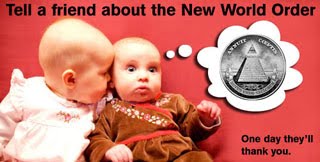
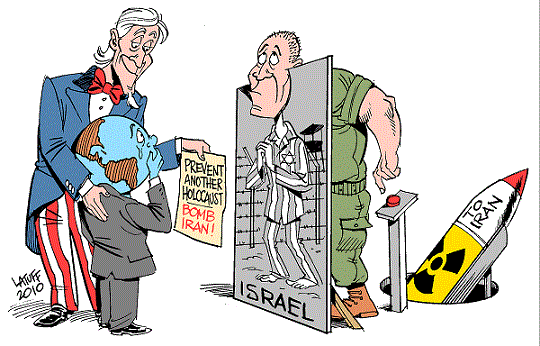














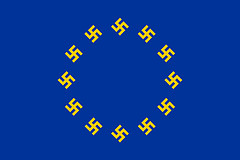

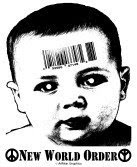




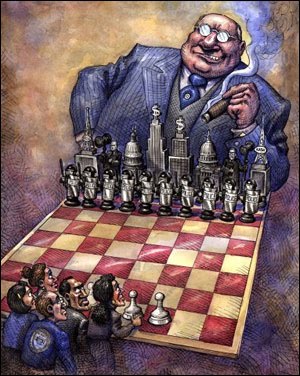







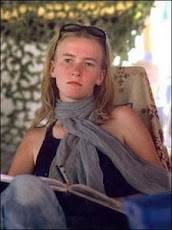

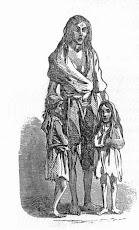
.jpg)



No comments:
Post a Comment